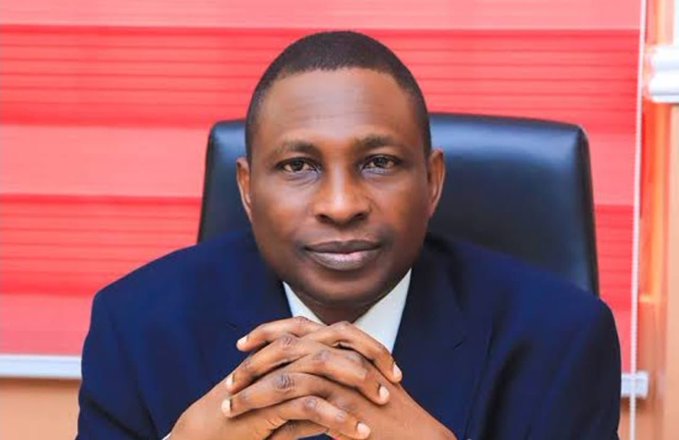Abuja, July 9, 2025 — The Executive Chairman of the Economic and Financial Crimes Commission (EFCC), Mr. Ola Olukoyede, has called for mandatory integrity testing of public officers across all Ministries, Departments, and Agencies (MDAs) of the Federal Government as a strategic step to curbing corruption and strengthening fiscal governance.
Olukoyede made this proposal on Tuesday at the National Conference on Public Accounts and Fiscal Governance, jointly organised by the Public Accounts Committees of the Senate and House of Representatives in Abuja. Represented by the Director of Public Affairs, Commander CE Wilson Uwujaren, the EFCC boss stressed that no reform will succeed unless driven by transparent and accountable individuals.
“No system will work without the right people. That’s why the EFCC is pushing for integrity testing for public officers across all MDAs,” he asserted.
The EFCC Chairman expressed concern over the persistent gap between policy intentions and their tangible impact on Nigerians, blaming systemic weaknesses, non-compliance with financial regulations, budget padding, and poor oversight as critical enablers of corruption. He specifically noted practices such as approvals beyond official limits, diversion of public funds, and unapproved Duty Tour Allowances as recurring violations within the system.
In his remarks, Olukoyede highlighted opacity in financial reporting—especially in the oil and gas sector, where revenues often lack verifiable data—and lamented how such irregularities continue to undermine national development.
Calling for enhanced transparency, he stated:
“Parliament cannot demand accountability if it doesn’t practice it. Fiscal integrity must be the norm in all organs of government. Legislators must embrace transparent appropriation and reject personal enrichment schemes.”
He disclosed that the EFCC has not only recovered stolen funds but has also redirected them toward public benefit. He cited the Niger Delta Development Commission (NDDC) and NOK University as beneficiaries of restituted funds. Furthermore, he revealed that the Nigerian Education Loan Fund (NELFund) and Consumer Credit Scheme were launched with proceeds of crime recovered by the Commission.
Going beyond recovery, Olukoyede noted the EFCC’s pivot to prevention as a key strategy, including the recent establishment of the Fraud Risk Assessment and Control Department, tasked with strengthening internal financial controls in MDAs.
“We’re no longer just chasing stolen funds; we are stopping financial crimes from happening in the first place,” he said.
He also confirmed that the Commission is building stronger synergy with local and international agencies to combat illicit financial flows, while aligning its operations with the current administration’s fiscal reforms, such as fuel subsidy removal and foreign exchange rate unification.
Concluding his address, the EFCC Chairman urged all stakeholders—public officers, civil society, and citizens alike—to remain vigilant, stressing that sustainable reforms depend on collective ownership and ethical responsibility.
“The time we are in calls for greater vigilance by all stakeholders in the Nigerian project.”
The conference marks a renewed push for structural accountability and financial discipline in Nigeria’s public sector, with the EFCC positioning itself as a proactive institution in the fight against corruption.

